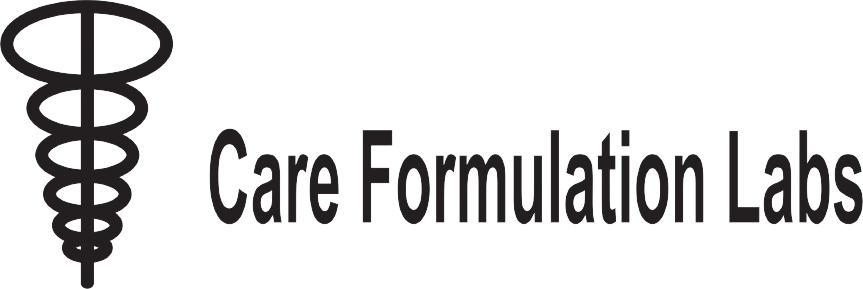Introduction ; The field of gastroenterology deals with the diagnosis and treatment of disorders affecting the digestive system. It plays a pivotal role in maintaining our overall health, as a healthy digestive system is crucial for absorbing nutrients and eliminating waste. When it comes to treating gastrointestinal (GI) disorders, a wide range of gastroenterology medicines is available. In this blog, we'll explore some common GI conditions and the medications used to manage them.
-
Gastroesophageal Reflux Disease (GERD): GERD is a chronic condition where stomach acid frequently flows back into the esophagus, causing irritation and discomfort. Medications often prescribed for GERD include:
- Proton Pump Inhibitors (PPIs): These drugs reduce stomach acid production, providing relief from heartburn and helping heal esophageal damage.
- H2 Blockers: These medications reduce the production of stomach acid, offering relief from symptoms and allowing the esophagus to heal.
-
Inflammatory Bowel Disease (IBD): IBD encompasses conditions like Crohn's disease and ulcerative colitis, which cause chronic inflammation in the digestive tract. Medications used to manage IBD include:
- Aminosalicylates: These anti-inflammatory drugs target the lining of the intestines, reducing inflammation and providing relief from symptoms.
- Immunomodulators: These medications help regulate the immune system to decrease inflammation, helping to maintain remission.
- Biologic Therapies: Biologics target specific molecules involved in the inflammatory process, providing effective relief for severe cases of IBD.
-
Irritable Bowel Syndrome (IBS): IBS is a common functional GI disorder characterized by abdominal pain, bloating, and changes in bowel habits. Management options include:
- Antispasmodics: These drugs help reduce muscle spasms in the intestines, easing discomfort.
- Fiber Supplements: Soluble fiber can help regulate bowel movements and reduce constipation or diarrhea.
- Peppermint Oil: This natural remedy can help alleviate symptoms of IBS, particularly abdominal pain and bloating.
-
Peptic Ulcer Disease (PUD): Peptic ulcers are sores that develop on the lining of the stomach, small intestine, or esophagus, often due to infection with Helicobacter pylori. Treatment options include:
- Proton Pump Inhibitors (PPIs): PPIs are used to reduce stomach acid production, allowing the ulcer to heal.
- Antibiotics: If H. pylori infection is present, a combination of antibiotics is prescribed to eliminate the bacteria.
Conclusion: Gastroenterology medicines play a crucial role in managing a wide range of GI disorders, helping individuals find relief from symptoms, promoting healing, and improving their overall quality of life. It's essential to work closely with a gastroenterologist to determine the most appropriate medications based on the specific condition and individual needs. As medical research advances, new and more effective treatments continue to emerge, offering hope for better outcomes for those dealing with GI issues.









